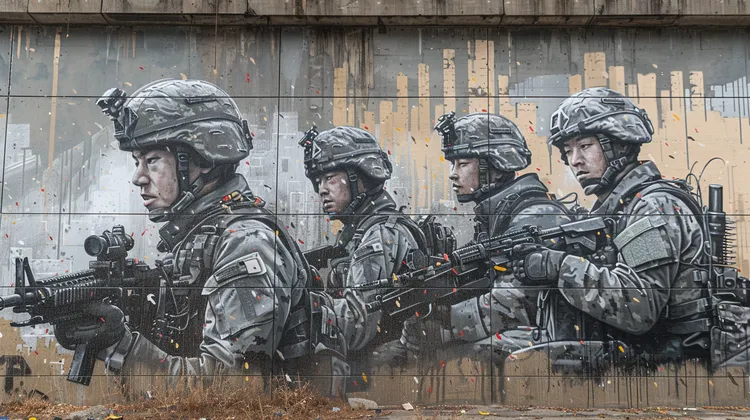
Upgrading Status of South Korean Crypto Crime Unit
The South Korean Ministry of Justice and Ministry of Security and Public Administration are collaborating to transform their crypto crime investigative unit into a permanent department. According to Segye Ilbo, discussions about budget allocation and the appointment of prosecutors will take place early next month. Currently, the unit has temporary status, making it vulnerable to dissolution by the government. The unit, which was established in July, consists of around 30 experts and coordinates the efforts of seven government agencies, including the Prosecutor’s Office, Financial Supervisory Service, Financial Intelligence Unit (FIU), and National Tax Service.
By elevating the unit to a permanent department, it would gain equal status and interaction with both domestic and international government agencies. Its workload is projected to increase significantly following the implementation of the Virtual Asset User Protection Act on July 19. Under this act, crypto-related crimes involving over 5 billion won could face penalties of life imprisonment. Enforcement actions targeting virtual-asset related crimes have already been rising, with a 48.8% increase in suspicious transactions reported in 2023 compared to the previous year and a 90% rise in reports of suspected crypto-related crimes to law enforcement.
South Korea has been implementing several measures to regulate its cryptocurrency market. This year, it has tightened regulations for token listing on local exchanges and announced plans to increase scrutiny and shut down exchanges that fail to meet recommended specifications by the Financial Action Task Force. Crypto has become a political issue in South Korea, with major parties promising to ease restrictions leading up to this year’s parliamentary elections.
In 2022, President Yoon Suk Yeol’s administration postponed the implementation of a 20% tax on crypto capital gains, originally scheduled for 2023 to 2025. Instead, the focus has shifted towards enhancing the collection of taxes on cryptocurrency transactions. These developments indicate South Korea’s commitment to establishing order and stability in its cryptocurrency market while addressing the growing concerns surrounding crypto-related crimes.
12 thoughts on “Upgrading Status of South Korean Crypto Crime Unit”
Leave a Reply
You must be logged in to post a comment.
Let’s hope that other countries take inspiration from South Korea and implement similar measures to regulate their own cryptocurrency markets.
South Korea’s commitment to establish order and stability in its cryptocurrency market is commendable. It’s a step in the right direction for the industry as a whole.
I’m glad to see crypto becoming a significant political issue in South Korea. It shows that the government is listening to the concerns of its citizens and taking action.
Great news! It’s exciting to see the South Korean government taking proactive measures to combat crypto-related crimes.
These measures will help build trust and confidence among investors, ultimately benefiting the entire cryptocurrency market.
International cooperation is key in combating crypto crimes since they transcend national borders. South Korea’s efforts are commendable!
Kudos to South Korea for prioritizing the safety and security of its citizens and making significant strides in regulating the crypto market.
The increased scrutiny on exchanges will weed out any bad actors and strengthen the overall integrity of the crypto market.
Kudos to President Yoon Suk Yeol’s administration for prioritizing the collection of taxes on cryptocurrency transactions rather than hastily implementing a capital gains tax. Smart move!
These developments showcase South Korea’s strong commitment towards balancing innovation and security in the cryptocurrency industry.
More regulations and restrictions? South Korea needs to learn to embrace innovation instead of stifling it.
By promoting international cooperation, South Korea is joining hands with other governments to address global crypto crime challenges.